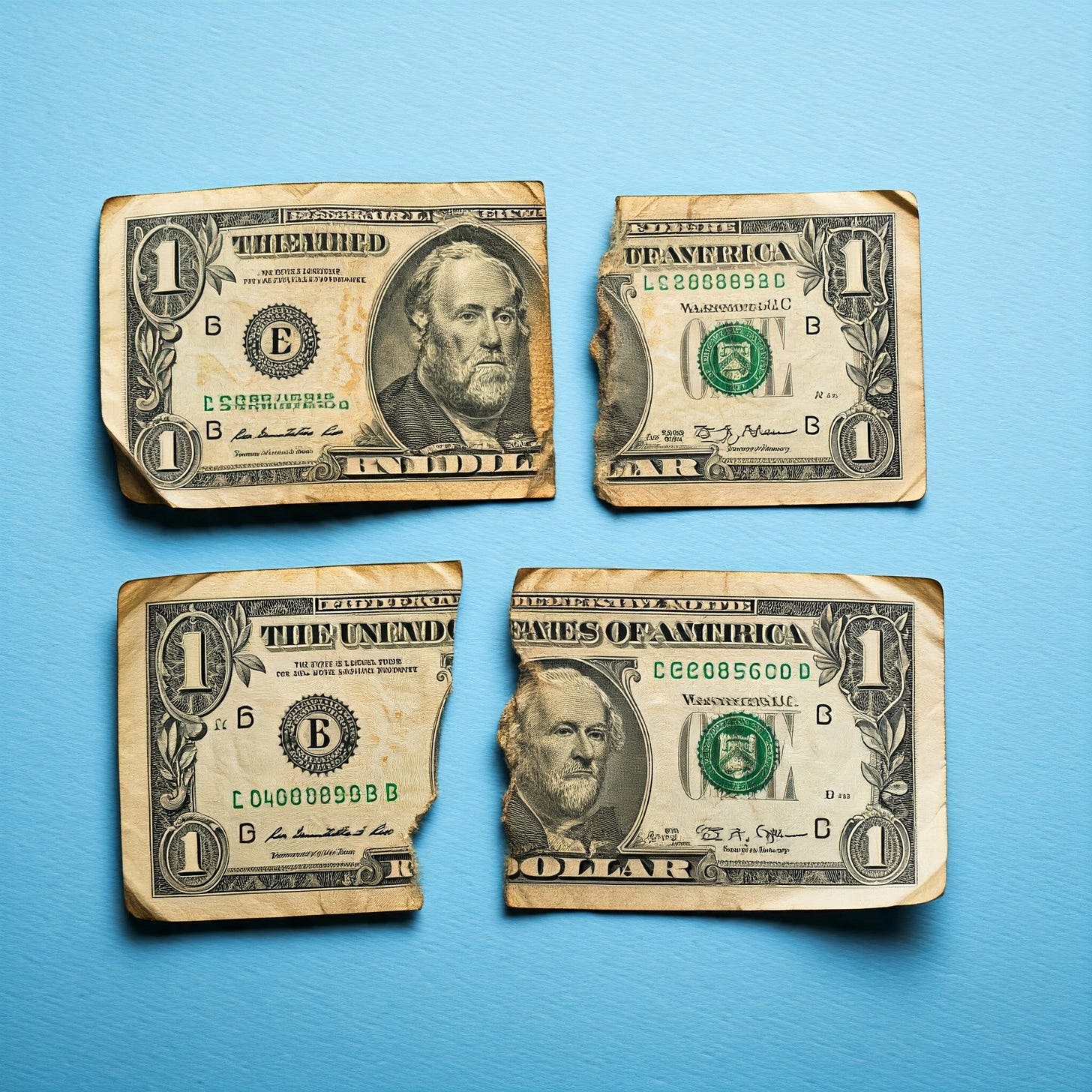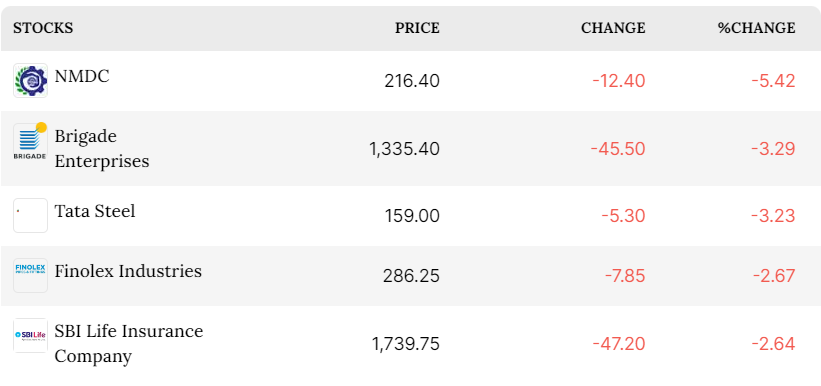Can You Sell Without Money?
these companies did
Hey there! It's Tuesday, the perfect day to keep pushing forward. No matter where you are on your journey, remember that progress is progress—keep going!
But first, here’s a positive thought for you:
"It does not matter how slowly you go as long as you do not stop”
It reminds you that success doesn't come from rushing. Progress, no matter how small, moves you forward and keeps you from feeling overwhelmed. In challenging times, this mindset helps you stay committed to your goals, even when things aren’t moving as fast as you’d like.
With that spirit, let’s get started…
🎯 Top Headlines of the Day
SpiceJet takes off with a 10% surge as the airline announces plans to add 10 new aircraft
Bharti Airtel is in advanced discussions to acquire Tata Play
Average home prices in Gurugram up 76% in 2 years to touch ₹14,650 per square foot
📊 Market Pulse
Today’s top-performing stocks are:
Today’s low-performing stocks are:
An Unconventional Business Model
Let’s start with a bold question: Can you sell without money?
At first glance, it might seem absurd—businesses need revenue, and transactions are built on cash flow. But what if I told you that the future of selling could shift away from the currency in your wallet to something far more valuable: time, trust, and engagement?
The Rise of Value-Based Economies
The idea of selling without money isn’t new. In ancient times, bartering was the cornerstone of commerce, and we might be circling back to similar principles. While barter systems have been largely replaced by currency, the digital age is reviving non-monetary transactions in creative ways.
Platforms like Airbnb serve as a prime example of how trust has become a form of currency. When you book an Airbnb, you're not just exchanging money for a place to stay. The platform thrives on peer-to-peer validation—the reviews, ratings, and reputations built over time by both hosts and guests. This system of trust and social proof ensures that people feel comfortable renting homes from strangers, creating a value exchange beyond the monetary transaction.
Similarly, platforms like TikTok have turned attention into a currency. Users spend time engaging with content, and this engagement can be traded for influence and partnerships. Influencers who garner a large following on TikTok don’t always get paid directly by their audience, but their attention and engagement with the content can translate into brand partnerships, sponsorships, and other monetizable opportunities. In this case, influence becomes the commodity being exchanged, showing that even in a highly commercialized environment, you can still “sell” without directly using money.
Time as a Currency
Today, time has become the ultimate luxury. Companies are experimenting with compensating customers for their time rather than their money. Consider how some apps offer rewards just for engaging with content or watching ads.
Brands like Duolingo utilize gamification to encourage learning, rewarding users with virtual coins or points as they complete lessons. This turns the learning process into a game, fostering user engagement and retention.
Sweatcoin, for instance, allows users to earn virtual currency by walking, which can be redeemed for products or services. This model motivates users to stay active while also engaging with the brand.
This shift in value perception from monetary transactions to time-based engagement reflects broader societal trends. Companies exploring these innovative models could not only enhance customer loyalty but also create communities centered around shared knowledge and mutual growth.
Building Communities Over Transactions
Let’s not forget the power of communities. Some of the strongest brands today—whether it’s Tesla or Patagonia—sell more than just products. They sell ideologies, lifestyles, and movements. The exchange? It’s emotional and social capital. Customers don’t just buy a product; they invest in a sense of belonging.
Tesla represents sustainability and innovation in the automotive industry. When customers purchase a Tesla, they are not just buying a car; they are investing in a vision for a greener future and aligning themselves with a community that prioritizes environmental consciousness.
Similarly, Patagonia champions environmental activism and responsible consumerism. Its customers are drawn not just to high-quality outdoor gear but to a lifestyle that advocates for ecological preservation and social responsibility. When people buy Patagonia products, they feel they are contributing to a larger movement.
As businesses evolve, so will the concept of selling. In a world where data is currency, where engagement and loyalty are more valuable than a one-time transaction, the notion of what you can “sell” is shifting.
It’s not just about dollars anymore; it’s about what value you can create, exchange, and multiply. And for those willing to experiment with these models, the rewards could be immeasurable—not in cash, but in customer relationships, trust, and sustained growth.
So, can you sell without money? The short answer: Yes. The real question is—Are you ready to rethink the currency of your business?
That’s it for today, folks! We will be back again next week with more valuable insights about ‘Bharat in Business.’ Till then, stay informed!





